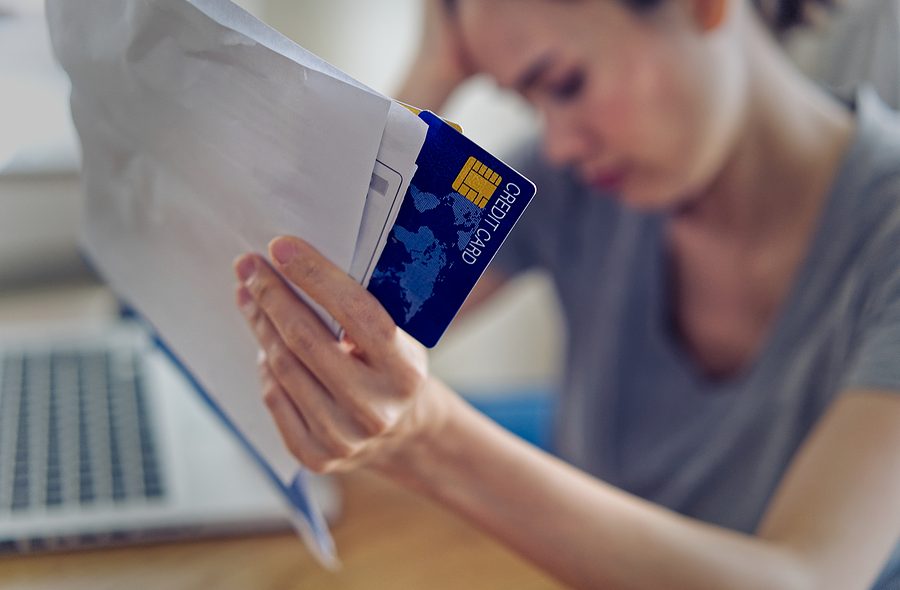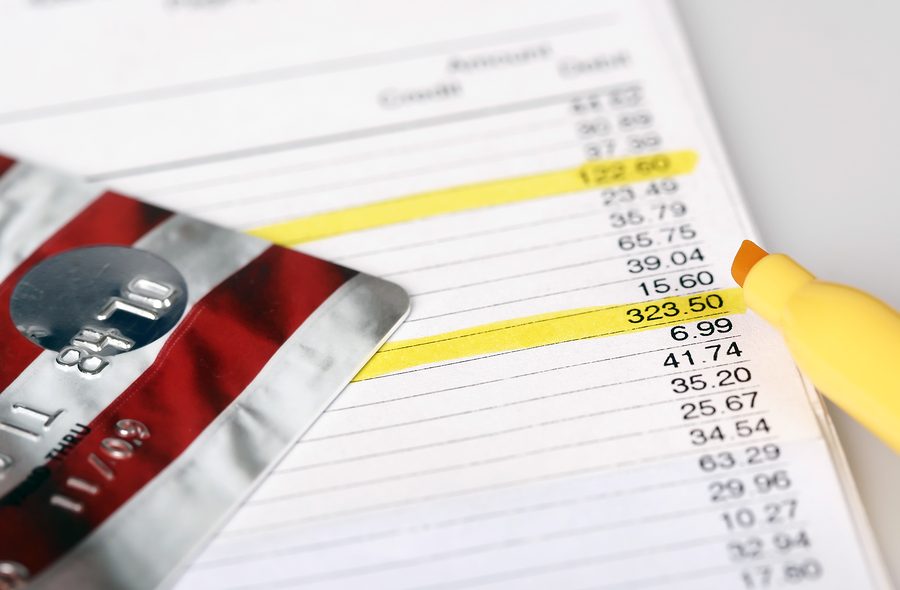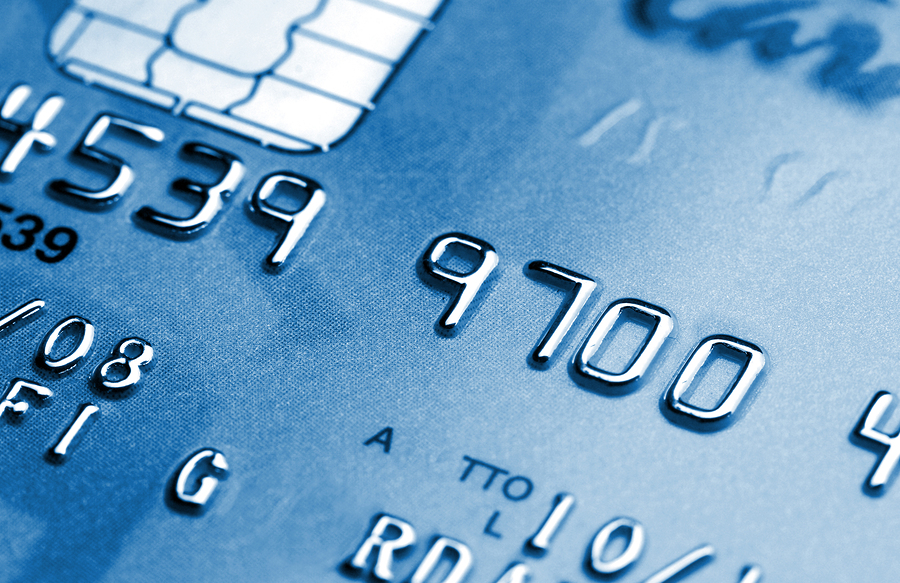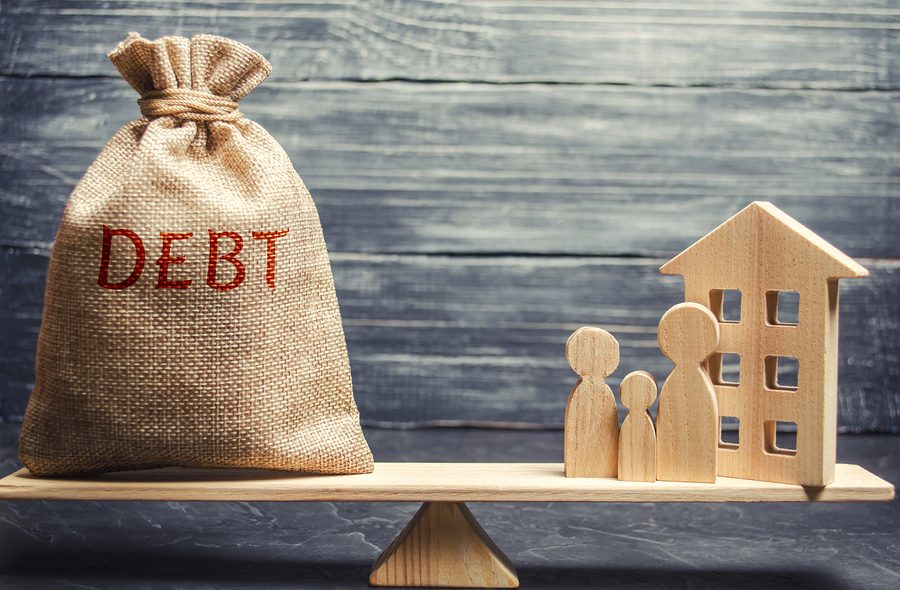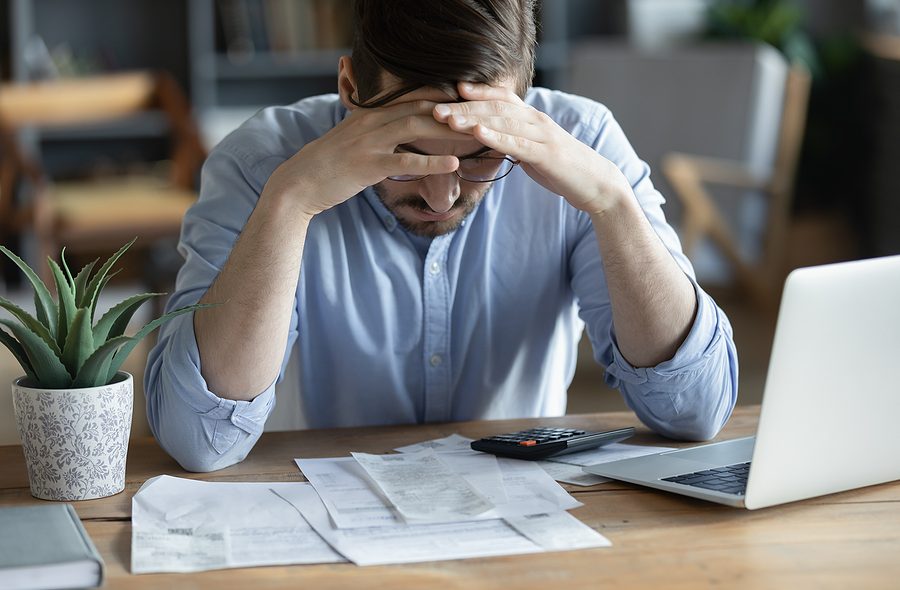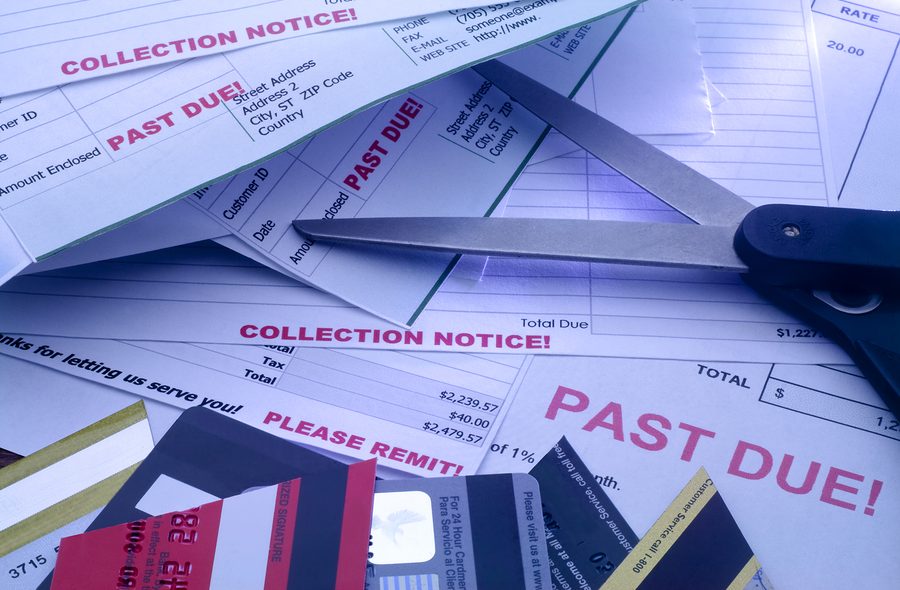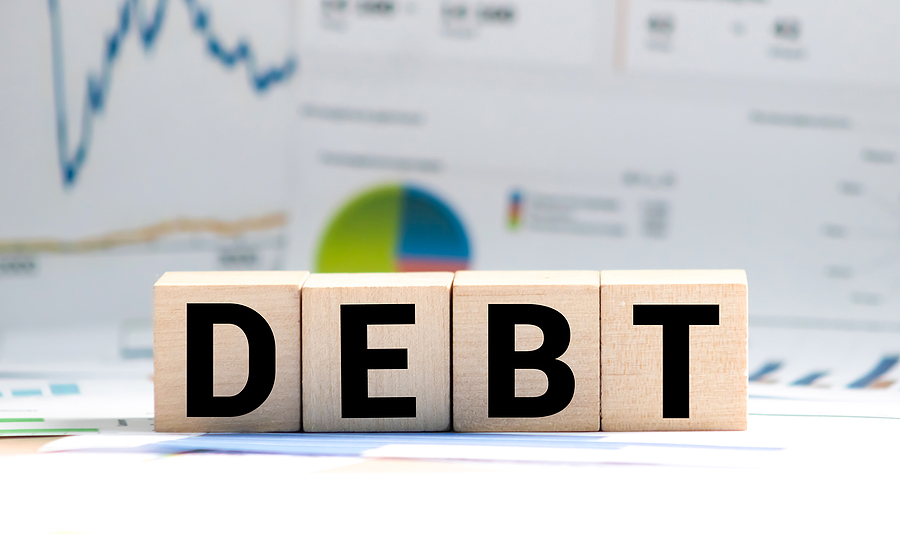Credit card debt plagues so many today. Even with the economic stimulus relief, some consumers are having to utilize credit cards to make ends meet. Escaping the load of credit card debt can seem like an impossible feat. Whenever someone offers a way out or credit card debt forgiveness, it can be easy to jump to accept the offer. The problem is credit card debt forgiveness can be more complicated than simply having the debt forgiven.
Not All Debt Forgiveness Strategies Are Equal
Credit card debt is forgiven usually from two strategies, namely debt settlement or bankruptcy. Many consumers try a third strategy, which involves ignoring the amount owed until the statute of limitations has passed for collecting on the debt. However, the damage that can result to the consumer’s credit score as a result of this failed strategy make it often not worth the wait.

